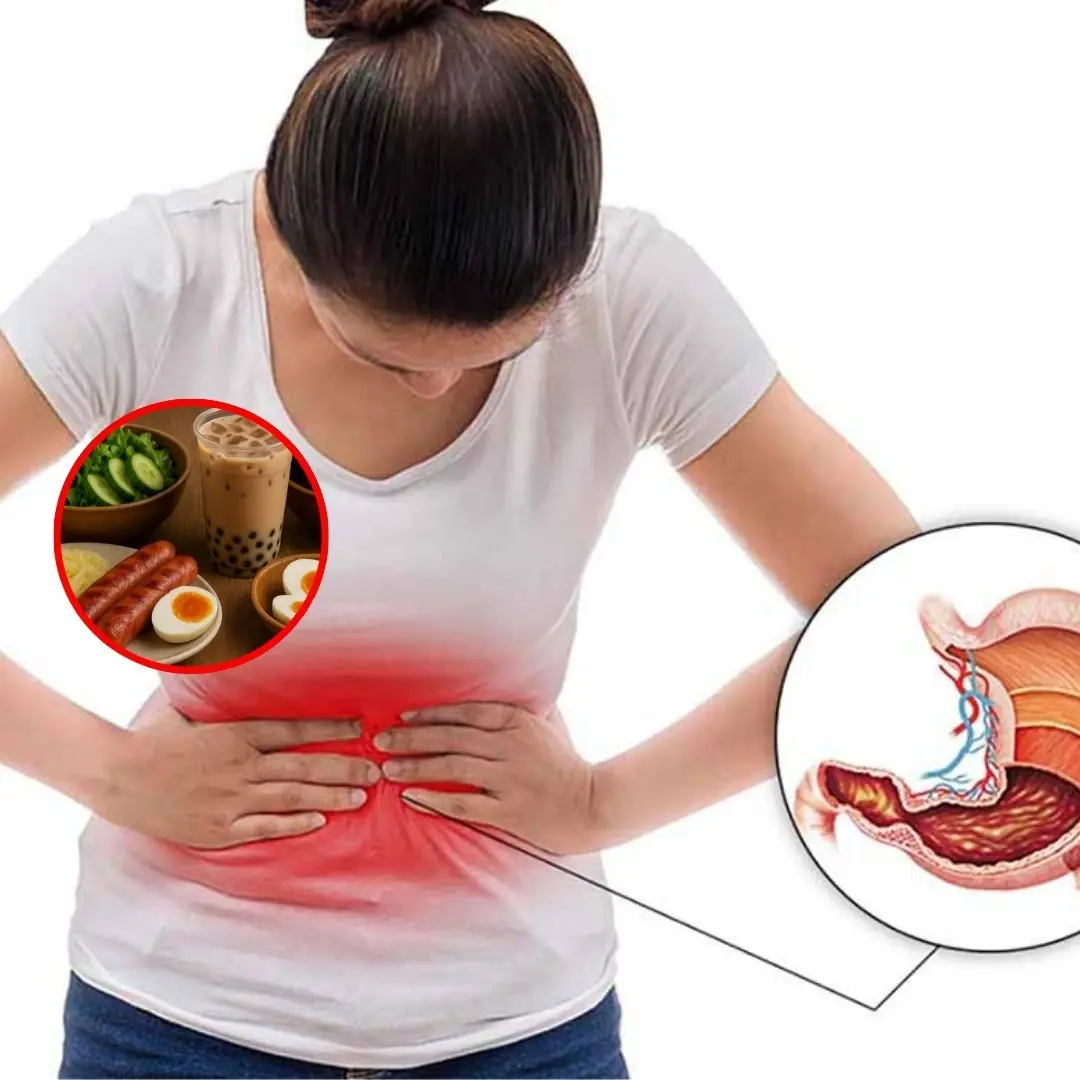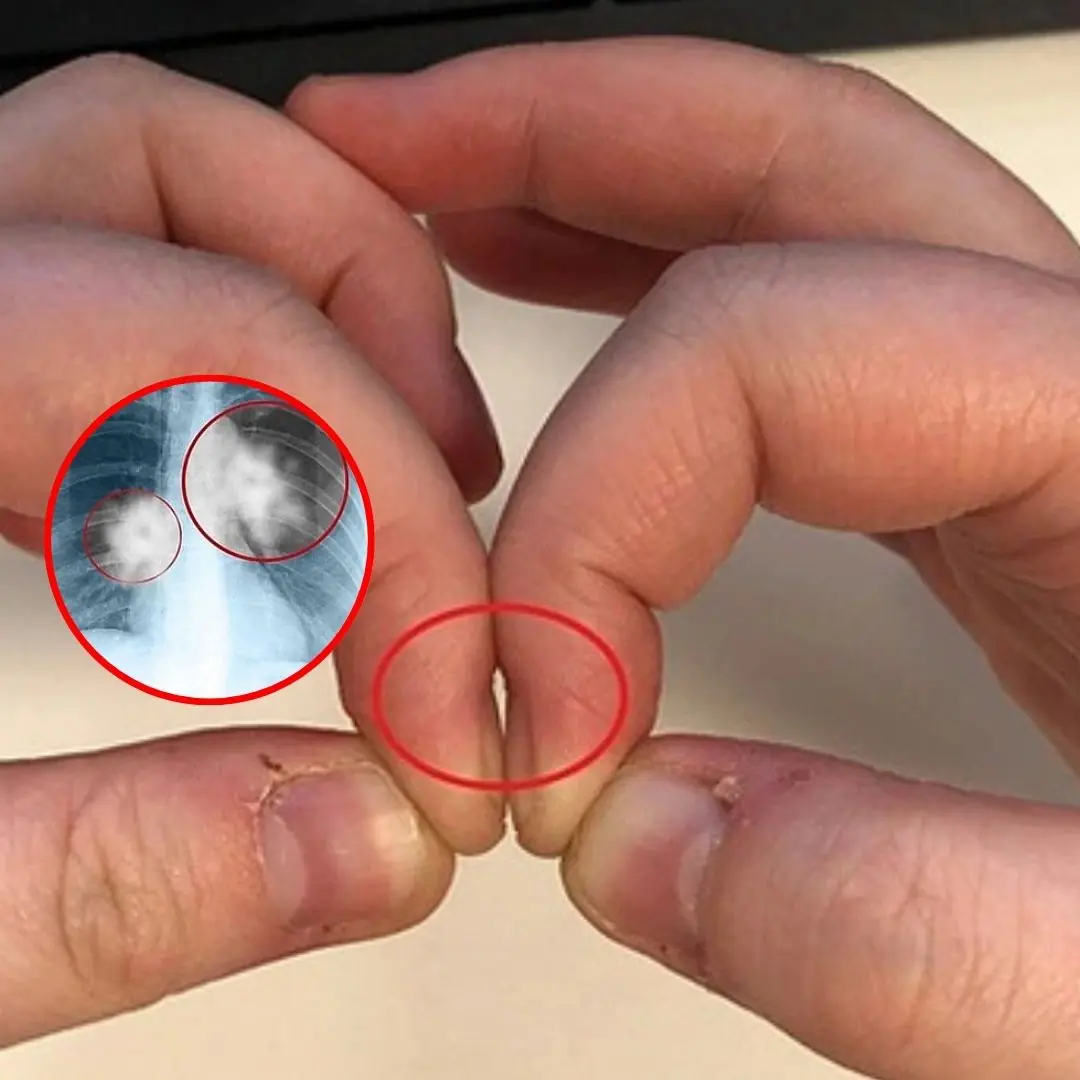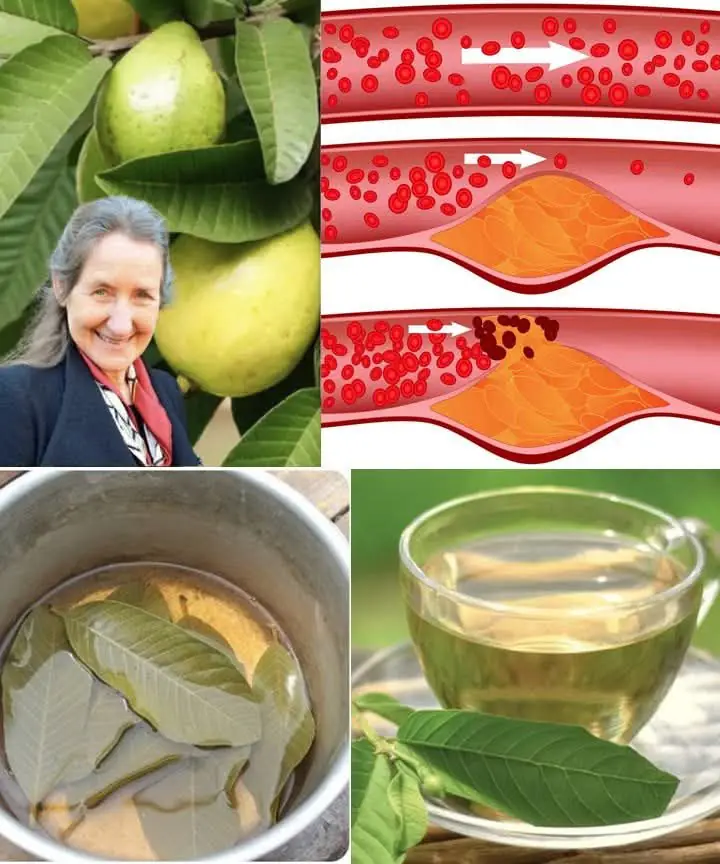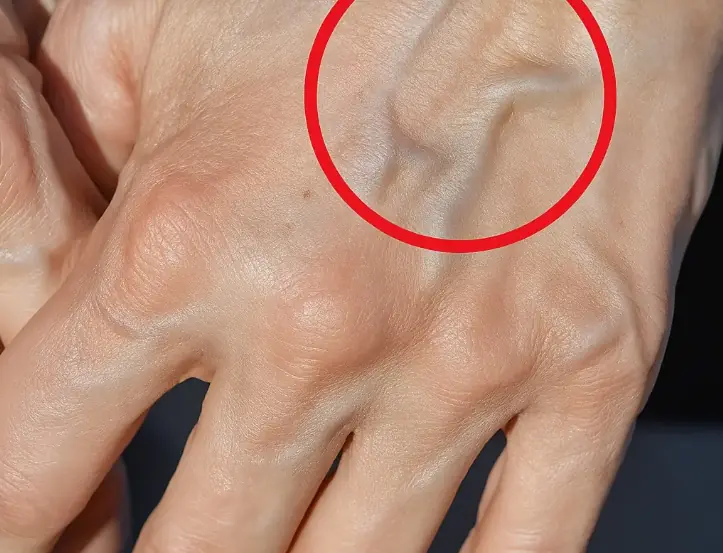
Don't ignore angina: 3 seemingly harmless daily habits that are silently harming your heart

The body doesn’t suddenly “go on strike” before chest pain occurs. Many people don’t realize that some seemingly harmless daily habits are quietly damaging the heart and accelerating the onset of angina.
Angina Pectoris, or chest pain, is a common symptom of coronary artery disease. These episodes of chest tightness and shortness of breath can signal serious risks. To prevent them, you need to identify the “invisible killers” in daily life, recognize your body’s distress signals, and take scientific measures to protect your heart health.
3 Daily “Heart-Harming” Habits That Can Trigger Angina
Many people are unaware that their daily routines could be silently injuring the heart and hastening heart-related complications.
⚠️ Dietary “Red Flags”
A diet high in salt and fat is a danger zone. Consuming too much salted meat, pickles, fried food, or animal fat thickens the blood and narrows blood vessels, reducing oxygen supply to the heart and increasing the risk of angina.
Excessive alcohol intake — especially more than 25 grams of alcohol per day for men — can cause blood vessels to constrict, acting as a “trigger” for chest pain.
⚠️ Behavioral “Traps”
Sitting for long periods and lack of physical activity slow blood circulation and weaken heart function. Chronic late nights disrupt the body’s internal clock, forcing the heart to overwork. Emotional stress or frequent anger can suddenly raise blood pressure and constrict blood vessels — a dangerous setup for angina.
⚠️ Environmental Factors
Long-term exposure to polluted air (especially high PM2.5 levels) or secondhand smoke can damage the inner walls of blood vessels, making them brittle and prone to blockage — a key factor in heart attacks and angina.
🚨 “Help Signals” From the Heart You Shouldn’t Ignore
Before an angina attack, the body often sends warning signs — you just need to recognize them.
Typical Symptoms: Chest Pain + Radiating Discomfort
A feeling of tightness or burning in the chest during activity, like a heavy stone pressing on your chest, which eases after a few minutes of rest — this is the most common sign.
Sometimes, the pain radiates to the left shoulder, jaw, or back, making it difficult to sit still or find comfort.
Hidden Signs: Don’t Mistake Them for Minor Issues
Persistent fatigue, dizziness even without exertion, or unexplained stomach or tooth pain could actually be heart-related. If dental and gastrointestinal exams show nothing abnormal, your heart might be calling for help.
Some people also experience shortness of breath when lying flat at night and can only sleep with their head elevated — a sign of reduced blood flow to the heart muscle.
🩺 Three Levels of Prevention + Heart-Healthy Lifestyle
Instead of waiting for symptoms to appear, early prevention is the best protection. Following these three prevention levels can significantly reduce your risk of angina:
Level 1: Prevention Before Onset
Quit smoking, limit alcohol, maintain a healthy weight (BMI < 24), and avoid the “heart-harming” habits mentioned above.
Level 2: Early Detection
People over 40 should get annual cholesterol tests and ECGs. Those with hypertension or diabetes need even more frequent monitoring.
Level 3: Post-Surgery Rehabilitation
Patients who have undergone stent placement or bypass surgery must take medication consistently and attend regular follow-up appointments to prevent recurrence.
🥗 Eat Smart to “Lighten the Load” on Your Heart
Eat more:
-
Oats – lower cholesterol.
-
Deep-sea fish – rich in Omega-3s that protect blood vessels.
-
Black fungus (wood ear mushrooms) – prevent blood clots.
Eat less:
-
Animal organs and buttery desserts – high in cholesterol and can clog arteries quickly.
Exercise:
Brisk walking for 30 minutes daily, maintaining a heart rate around 170 minus your age (e.g., 110 bpm for a 60-year-old), strengthens the heart without overexertion.
Gentle exercises like the Eight Brocades (Ba Duan Jin) from traditional Chinese medicine also help regulate blood flow and can be sustained long-term.
⚕️ Important Notes
-
When chest pain occurs, never ignore it or try to “endure” it.
-
If chest pain lasts more than 15 minutes and doesn’t subside, it may be a heart attack — call emergency services immediately.
-
Always follow your doctor’s medication instructions strictly. Herbal or traditional remedies cannot replace prescribed medication.
Protect your heart by changing your daily habits today — and keep angina far away.
💬 Expert Advice: How to Prevent Angina
According to Dr. Nguyễn Quốc Việt, Interventional Cardiologist at Vinmec Đà Nẵng International Hospital:
Quit smoking: Two years after quitting, your heart attack risk drops significantly compared to current smokers.
Control high blood pressure: Even mild hypertension (above 130/80 mmHg in coronary patients) strains the heart and must be treated carefully.
Lose excess weight: This reduces the severity of angina symptoms.
Lower LDL cholesterol: Through diet and statins, this slows coronary artery disease progression and improves vascular health.
Exercise regularly: Walking daily lowers the risk of acute ischemic events and improves endurance.
News in the same category


Doctors warn: 3 familiar dishes are worse for the stomach than chili, many people still eat them without care

Put your index fingers together — what you see could reveal early signs of lung ca.n.cer, according to doctors

3 Common Sleep Habits That Silently Age Your Brain, Weaken Memory, and Reduce Focus

One simple natural remedy can help fight diabetes, high blood pressure, and stomach pain — and you’ll never believe what it is

The healing power of tea: A journey through the world of herbs

These 5 Common Habits Are Actually Very Harmful to Your Brain, But You Do Them Every Day

Common foods you should limit storing in the fridge — and why

Di.ed of a Stroke During the Night: 5 Things You Should Never Do in the Evening

Why don't houses in America have fences and bars to prevent theft?

When to Worry About Veins That Appear Out of Nowhere

Ca.nc.er cells love these 3 flavors the most many people are sh.o.cked to realize they eat them every single day

People with Blo.od Clots Often Experience 4 Unusual Symptoms While Walking

If You Love Napping During the Day, This Is for You!

4 air conditioner installation locations do more harm than good

Soong Mei-ling Lived Past 100 Despite Can.cer: Her Two Favorite Drinks Are Still Popular Today

5 foods you should never keep overnight

5 types of vegetables that help detoxify and lower liver enzymes

4 everyday fruits doctors warn could fuel can.cer growth
News Post

The ri.sk of liver fluke infection from eating habits that many people have

How Long Does R.a.w Pork Last in the Fridge: Food Safety Guide

Doctors warn: 3 familiar dishes are worse for the stomach than chili, many people still eat them without care

My Heart Sank When I Found a Onesie Lying in the Crib Instead of My Baby – Until My Gaze Fell on a Cufflink on the Floor Engraved with Initials

My In-Laws Refused to Come for Thanksgiving but Sent Us a 'Gift' – When My Husband Opened It, He Screamed, 'We Have to Drive to Their Home Now!'

My Adult Stepdaughter Left Trash Around My House and Treated Me Like a Maid — So I Taught Her a Lesson

Put your index fingers together — what you see could reveal early signs of lung ca.n.cer, according to doctors

3 Common Sleep Habits That Silently Age Your Brain, Weaken Memory, and Reduce Focus

One simple natural remedy can help fight diabetes, high blood pressure, and stomach pain — and you’ll never believe what it is

Ancestors’ Advice: “3 Don’ts Outside, 3 Must-Haves Inside” — Attract Wealth, Peace, and Prosperity

The bikers were there for their brother’s final chemotherapy when the toddler’s screams echoed through the oncology ward and wouldn’t stop

Emergency signs that the GAS CYLINDER will explode after 10 minutes, run far away to avoid danger

Don’t Rush to Choose the Biggest Crab

Boil Pork Stomach with This Secret Ingredient

An Item Once Considered Worthless and Ignored Is Now Being Bought for Over $1,000

5 Habits That Shorten Men's Lifespan: Smoking Only Ranks 4th

My Stepmom Wanted Me to Stop Wearing the Pendant My Late Mother Gave Me Because It Was Cheap – But Karma Had Other Plans

The healing power of tea: A journey through the world of herbs
